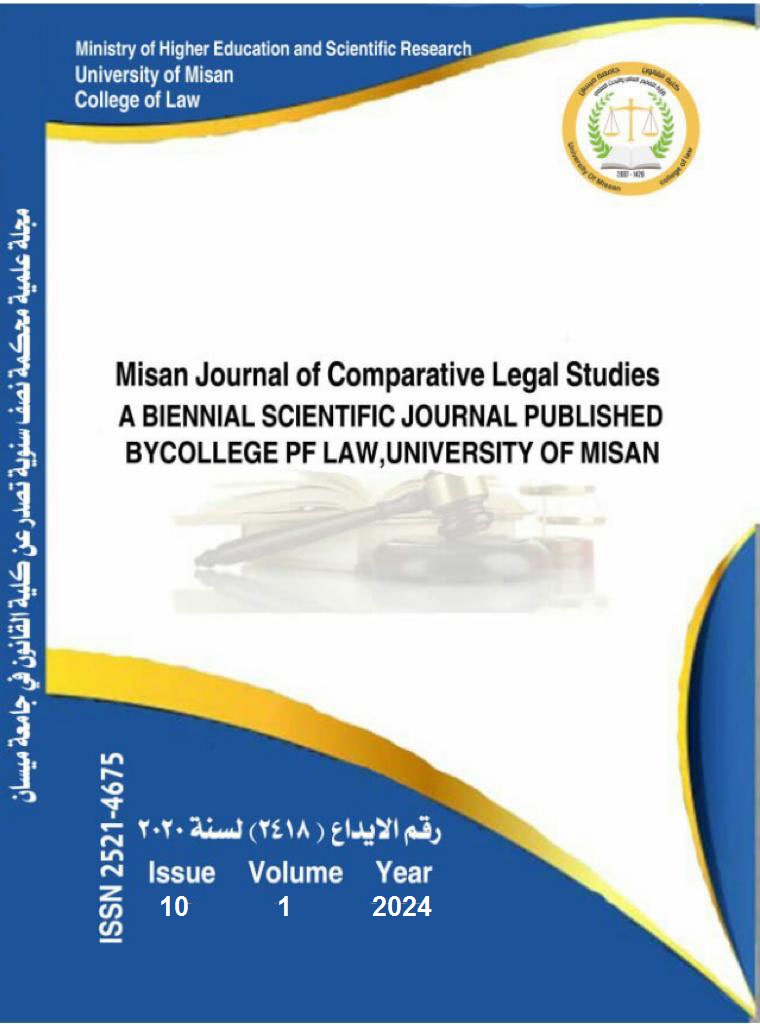The following policy applies in MJCLS:
MJCLS applies the Creative Commons Attribution (CC BY) license (https://creativecommons.org/licenses/by/4.0/) to articles and other works we publish. If you submit your paper for publication by MJCLS, you agree to have the CC BY license applied to your work. Under this Open Access license, you as the author agree that anyone can reuse your article in whole or part for any purpose, for free, even for commercial purposes. Anyone may copy, distribute, or reuse the content as long as the author and original source are properly cited. This facilitates freedom in re-use and also ensures that MJCLS content can be mined without barriers for the needs of research.
If you have written permission to do so, yes. If your manuscript contains content such as photos, images, figures, tables, audio files, videos, etc., that you or your co-authors do not own, we will require you to provide us with proof that the owner of that content (a) has given you written permission to use it, and (b) has approved of the CC BY license being applied to their content. We provide a form you can use to ask for and obtain permission from the owner. If you do not have owner permission, we will ask you to remove that content and/or replace it with other content that you own or have such permission to use.Don''t assume that you can use any content you find on the Internet, or that the content is fair game just because it isn''t clear who the owner is or what license applies. It''s up to you to ascertain what rights you have—if any—to use that content.
Many authors assume that if they previously published a paper through another publisher, they own the rights to that content and they can freely use that content in their PLOS paper, but that’s not necessarily the case – it depends on the license that covers the other paper. Some publishers allow free and unrestricted re-use of article content they own, such as under the CC BY license. Other publishers use licenses that allow re-use only if the same license is applied by the person or publisher re-using the content.If the paper was published under a CC BY license or another license that allows free and unrestricted use, you may use the content in your MJCLSpaper provided that you give proper attribution, as explained above.If the content was published under a more restrictive license, you must ascertain what rights you have under that license. At a minimum, review the license to make sure you can use the content. Contact that QJAS if you have any questions about the license. If the license does not permit you to use the content in a paper that will be covered by an unrestricted license, you must obtain written permission from the publisher to use the content in your MJCLS paper. Please do not include any content in your QJAS paper which you do not have rights to use, and always give proper attribution (https://www.uomisan.edu.iq/law/mjcls/process?ethics) .
If any relevant accompanying data is submitted to repositories with stated licensing policies, the policies should not be more restrictive than CC BY.
MJCLS reserves the right to remove any photos, captures, images, figures, tables, illustrations, audio and video files, and the like, from any paper, whether before or after publication, if we have reason to believe that the content was included in your paper without permission from the owner of the content.
How to Cite
E.A.Makttoof , Kassim J.K , K.H (2020). Distribution of different forms of phosphorus in calcareous soils from middle and south of Iraq . Al-Qadisiyah Journal For Agriculture Sciences,10, 1, 2020, 293-303.
